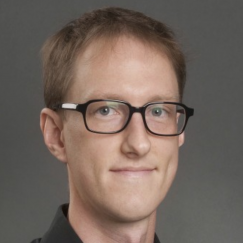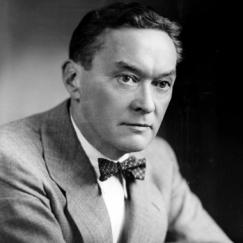Remember that values questions have a “you” in them. The goal is to involve people in relating what they see on the screen to their own lives, not to analyze the filmmaker’s technique or to engage in intellectual criticism. Allow the conversation to flow along a values and feelings track.

Seth Ashley


Walter
I encountered "Public Opinion
I encountered "Public Opinion" in Professor Don Ranly's "Philosophy of Journalism" class at the University of Missouri School of Journalism during my master's program. Though the examples were out of date, this 1922 book seemed as relevant in a modern context as it must have nearly a century ago. His framing of "the world outside and the pictures in our heads" so clearly conveys the socially constructed nature of news media and presents the challenges to democracy posed by an imperfect information environment. Lippmann is probably not often thought of as someone linked to media literacy, but his thinking has been foundational in journalism and media studies, which has informed my understanding of media literacy. In my view, teaching about the limitations of the mediated environment (as well as its strengths) is key to improving the conditions of democratic citizenship and self-governance.